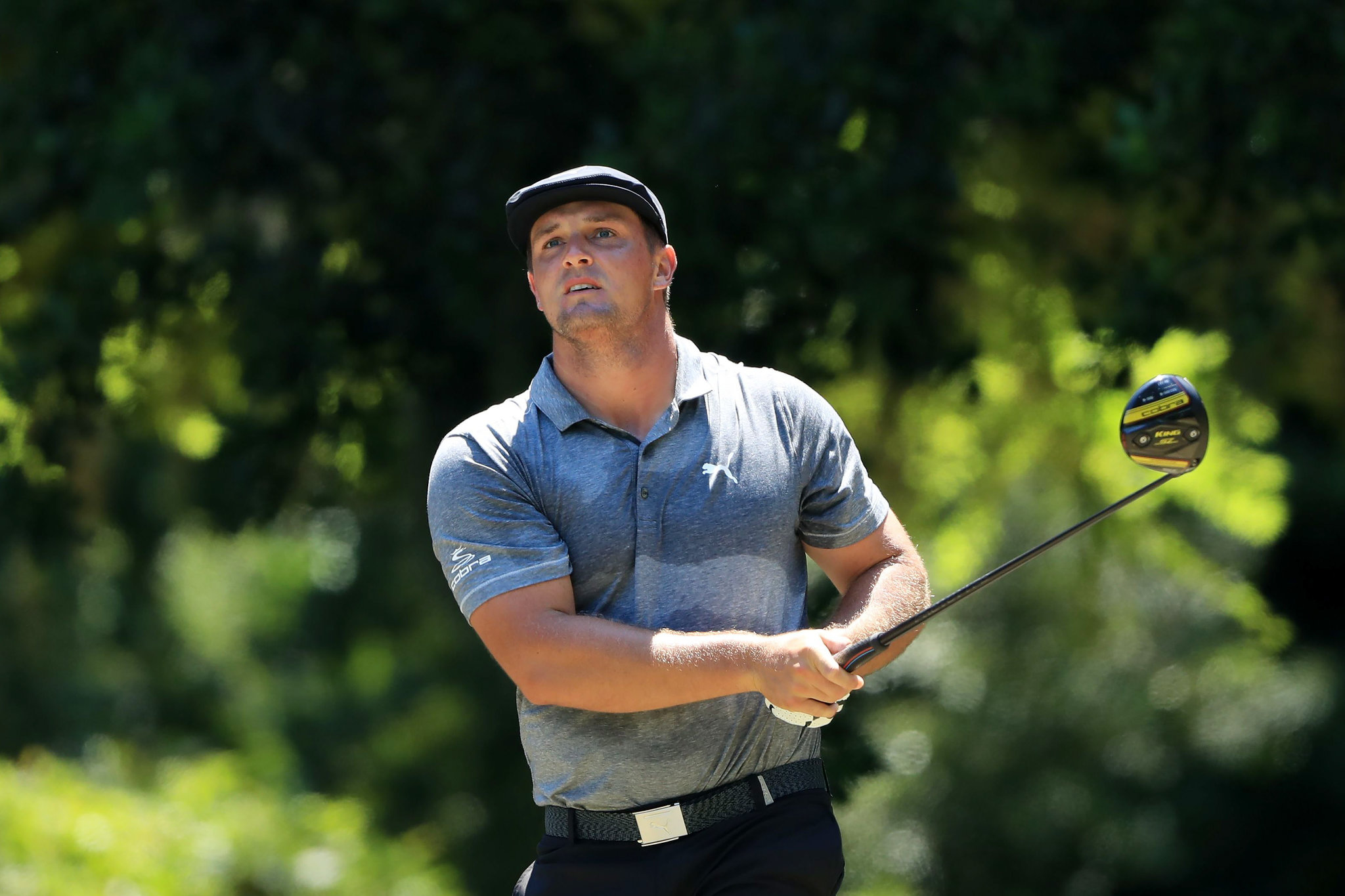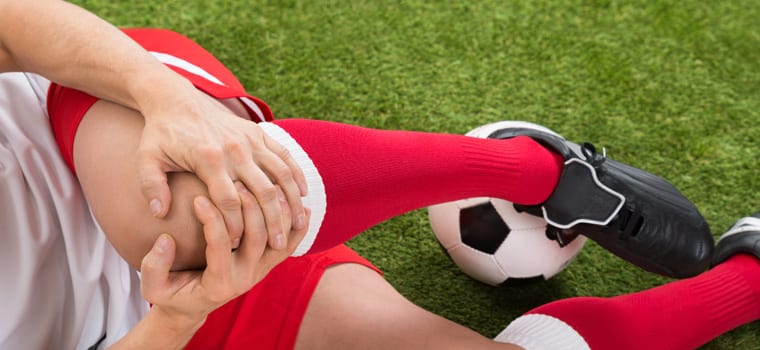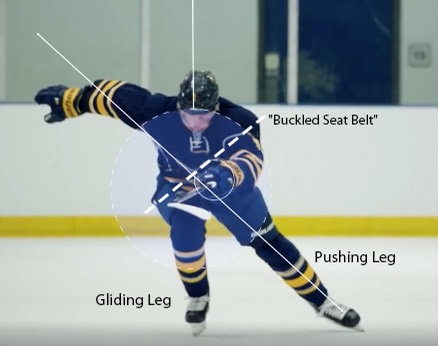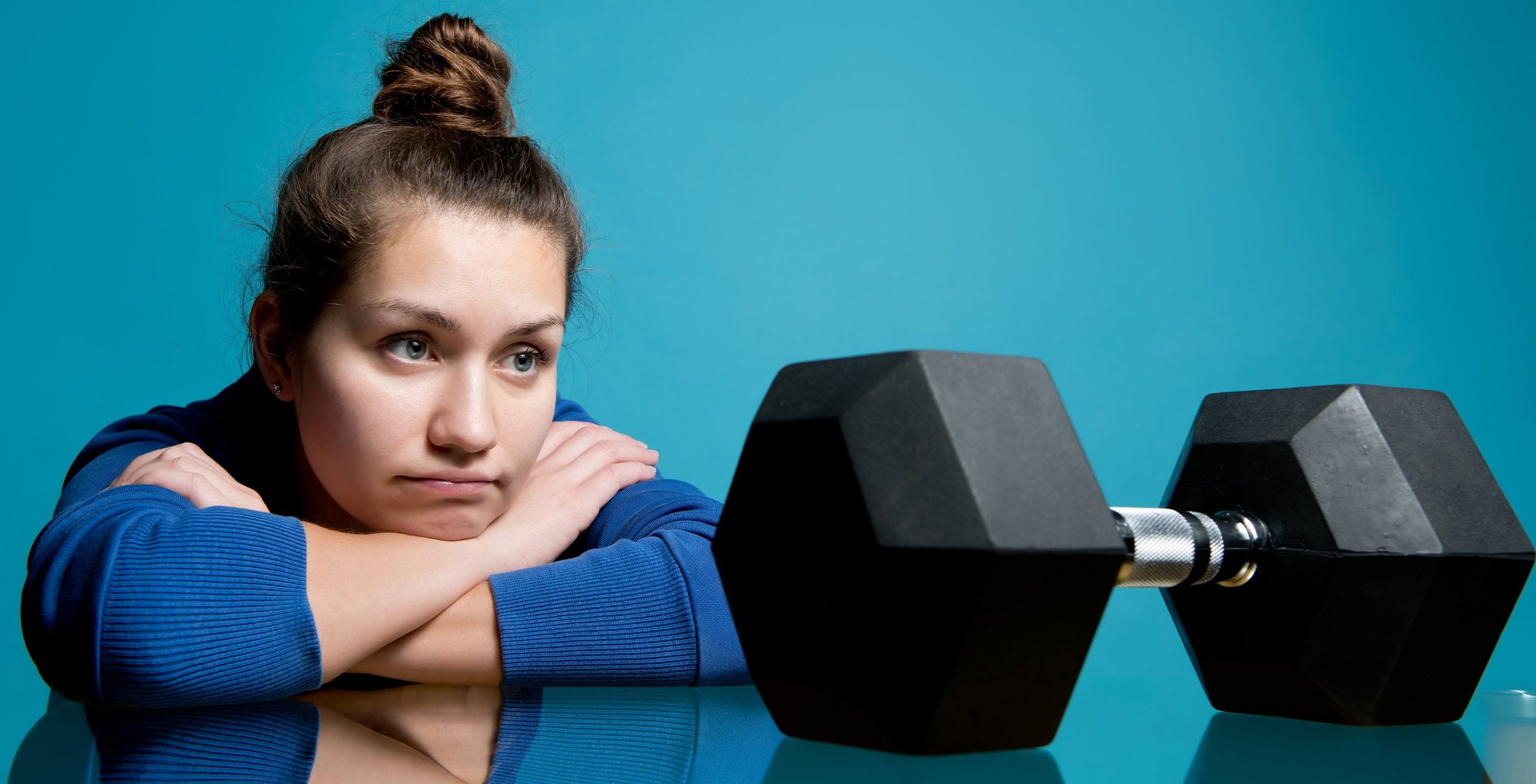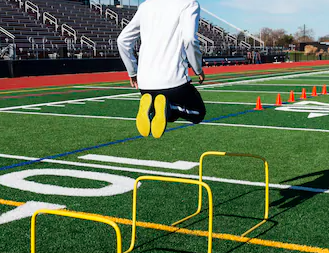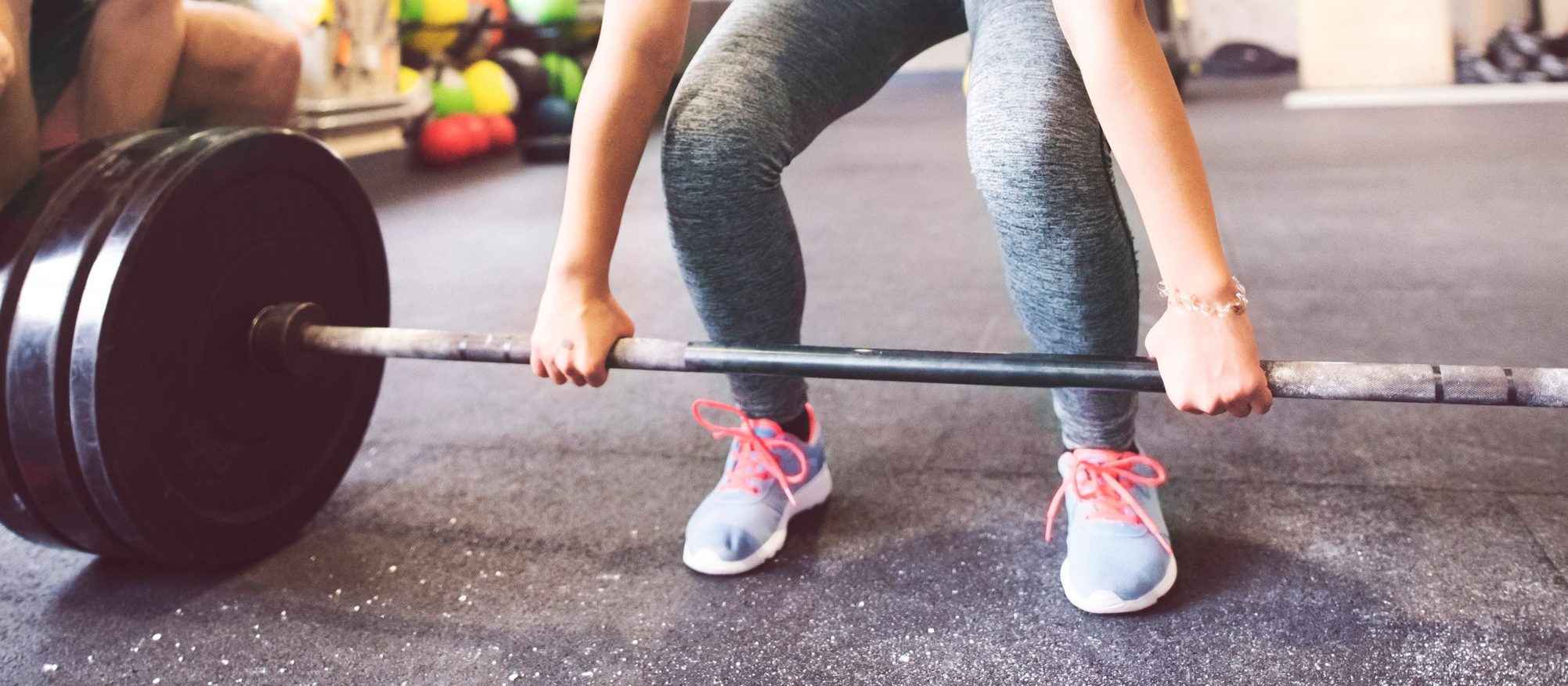Build Your Athletic Foundation with Three Simple Foot Exercises
Once upon a time, a buck, drinking from a crystal spring, saw himself mirrored in the clear water. He greatly admired the graceful arch of his antlers, but he was very much ashamed of his tiny hooves. At that moment he sensed a predator and bounded away through the forest. As he ran, his wide-spreading antlers caught in the branches of the trees, and soon the predator overtook him. Then the buck realized that his feet would have saved him had it not been for the ornaments on his head. Similar to
The Benefit of Heavy Strength Training For Golfers
When you hear the words “heavy lifting,” golf probably isn’t the first thing that comes to mind. Have you noticed however that many professional golfers today, like Bryson DeChambeau, have a strong athletic build? Many PGA golfers incorporate heavy weightlifting into their golf training because there is substantial carryover to performance. For instance, because the average PGA backswing lasts around 0.75 seconds and the downswing is roughly 0.25 seconds, the amount of power PGA golfers are capable of generating in one second is incredible and does not happen by
Preventing the ACL Injury Epidemic
In recent years, we have seen a steady increase in the number of ACL injuries, particularly in young female athletes. Why is this happening and how can we prevent it? There are a multitude of possible reason for it, but the good news is that it is preventable. Much of the cause is due to the increased participation in sports over the past 30 years, and particularly the increased participation in women’s sports. Women are naturally prone to suffering ACL injuries because of a series of anatomical factors working against
Three Simple Exercises for Hockey Players and Speedskaters to Build a Powerful, Efficient Stride
A skater will briefly use short choppy strides when changing direction from backwards to forwards (hockey), or when starting a race (speedskating). However, in terms of building and maintaining maximum speed, both athletes need to develop a long stride. In simple terms, a long stride is one where the pushing leg reaches full extension, and the athlete is able to balance on the gliding leg long enough to begin loading that leg for the next push. The following activities require minimal equipment and will pay big dividends. Hard Roll Skating power
Try This Warm-up Routine
Renowned strength and conditioning coach Eric Cressey made a great post recently about the power of a good warm-up. Cressey said “some of my best workouts came on days when the idea of training seemed impossible. Sometimes all you need to do is walk through the doors and put yourself through a solid warm-up, then see how you feel.” Simple message, yet so incredibly accurate. We all have those sluggish days when we’re not fired up mentally and/or physically. But did you ever regret a workout? These are the workouts
Every Day is a Chance to Start Again, Every Day is a Chance to Do Better
I don’t know how to ride a bike. Not on the street, at least. So I do quite a bit of conditioning in my basement, on an old road bike hooked up to a trainer. To get myself through 20, 30 or 40 minutes of sheer boredom, I listen to a podcast called The Moth Radio Hour. The series is comprised of recordings of people telling their real-life stories, live and on-stage. I recently a listened to a story by Sharon Salzburg, a meditation teacher who brought the discipline to the United
More than just Beauty Sleep
I always look forward getting my beauty sleep at the end of each day and I love naps. I’ve taken plenty of them, especially after a game or a tough training session. And although sometimes I plan to sleep for 30 minutes and end up sleeping for more than an hour and half, I always feel better. The power of sleeping and recovery is under appreciated and most athletes don’t even know what they’re missing out on. Like many of us, athletes face problems with sleep, ranging from having trouble falling asleep
Young Athletes Must Train Hurdles! Here Are 3 Reasons Why
There is a lot more to training a young athlete than just making them stronger. Making them stronger is certainly a large piece of the pie, but there are other factors in building an athletic base that are just as important. While hurdles aren’t the only way that these concepts can be trained, they’re definitely one of the most effective and efficient ways. Not only will training with hurdles make you a better athlete, but they’ll also make you less likely to get injured. 1- Landing mechanics – First and foremost.
How Difficult was that Exercise?
“On a scale ranging from 1 to 10, how difficult was that exercise?” That’s the most common question I ask throughout the day. From youth athletes looking to get stronger, to the athlete making the transition from high school to college, to the everyday man or woman just trying to improve their health in our fitness classes, that question will be always asked to help the person grow. Like everything else in life, we have to want to challenge ourselves and step out of our comfort bubble in order to truly improve.
5 Tips For Reducing Your Risk For Lower Body Injuries
"What could I have done to prevent this?" I asked myself that question everyday for five months while struggling to walk up the front steps of my middle school in crutches. When I was fourteen I suffered an awful ankle injury playing basketball. I was in a cast for what felt like a lifetime. I was miserable and extremely upset that I couldn’t play basketball. When the cast was finally removed, I went through physical therapy and that's when my passion for exercise science blossomed. After about two sessions it dawned



